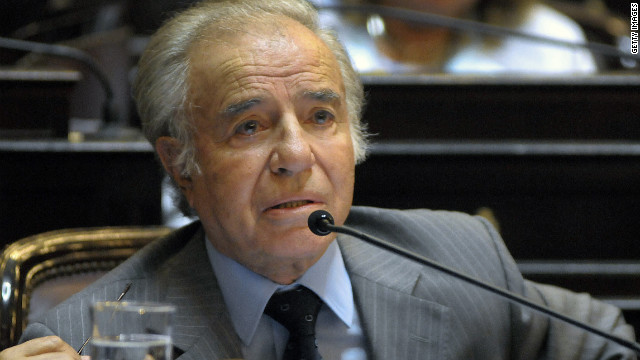By Danielle Gwozdz
Impunity Watch Reporter, Africa
JUBA, South Sudan – 120,000 South Sudanese hiding out in malaria-infested swamps cannot receive medical attention because the South Sudan government has prevented humanitarian aid from entering the outside areas of Pibor County, where the victims are hiding. The medical charity Medicins Sans Frontieres (MSF) stated that the thousands of displaced people will die unless the government allows aid in.

In early May, thousands of South Sudanese fled because of the fighting between the government and South Sudan’s rebels. Now the government’s army has refused to allow or facilitate the provisions of emergency medicines, food, and water to the displaced South Sudanese. Those hiding have no access to safe water, food, or medical care.
“MSF knows from years of experience in Jonglei that without medical care people will not be able to live for long and will die of pneumonia and other respiratory diseases,” MSF’s director of operations, Bart Janssens, said in a statement.
This time of the year is the rainy season, which means the area where people are hiding will flood. Also, malarial mosquitos will be in the area and those sleeping outside will be easy targets for the mosquitos.
Aid agencies were in this area until May 10th, when security forces went on a rampage and looted several agencies’ compounds and homes, including MSF’s hospital. However, the army denies regular soldiers were involved in this attack, claiming a state wildlife force caused this damage.
Further, people are too afraid to walk into town to seek medical care because they fear being confused for rebels or being caught in cross-fire.
This violence began when South Sudan separated from Sudan in 2011, causing widespread ethnic violence centering in Pibor County. The rebel leader, Yau Yau, is Murle: a minority ethnic group. Yau Yau launched a rebellion in 2010 after failing to secure a seat in the state parliament.
Now the Murle are believed to be angered by the activities of the South Sudanese troops stationed in the area, who are mainly drawn from the Nuer ethnic group, which clashes with Murle.
MSF has made repeated requests to the government to allow them to travel to the areas the South Sudanese people are hiding, but the government still denies them access.
“This will not be a place where people can remain alive,” Janssens further stated.
For further information, please see:
KBC (Kenya National Broadcaster) – South Sudan ‘blocks aid to 120,000′ – 16 June 2013
Africa Review – South Sudan ‘preventing aid to Jonglei victims’ – 15 June 2013
The Frontier Post – South Sudan preventing aid – 15 June 2013
BBC News – South Sudan ‘preventing aid to Jonglei victims’ – 14 June 2013
Thomson Reuters Foundation – Thousands face death in swamps as South Sudan govt blocks aid – MSF – 14 June 2013



